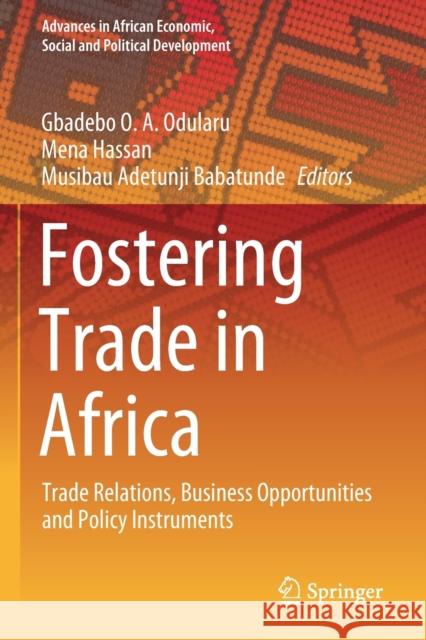Fostering Trade in Africa: Trade Relations, Business Opportunities and Policy Instruments » książka
topmenu
Fostering Trade in Africa: Trade Relations, Business Opportunities and Policy Instruments
ISBN-13: 9783030366346 / Angielski / Miękka / 2021 / 218 str.
Fostering Trade in Africa: Trade Relations, Business Opportunities and Policy Instruments
ISBN-13: 9783030366346 / Angielski / Miękka / 2021 / 218 str.
cena 644,07
(netto: 613,40 VAT: 5%)
Najniższa cena z 30 dni: 616,85
(netto: 613,40 VAT: 5%)
Najniższa cena z 30 dni: 616,85
Termin realizacji zamówienia:
ok. 22 dni roboczych.
ok. 22 dni roboczych.
Darmowa dostawa!
Kategorie:
Kategorie BISAC:
Wydawca:
Springer
Seria wydawnicza:
Język:
Angielski
ISBN-13:
9783030366346
Rok wydania:
2021
Wydanie:
2020
Numer serii:
000469941
Ilość stron:
218
Waga:
0.32 kg
Wymiary:
23.39 x 15.6 x 1.22
Oprawa:
Miękka
Wolumenów:
01
Dodatkowe informacje:
Wydanie ilustrowane











